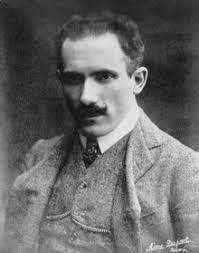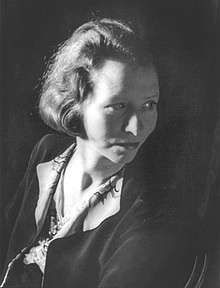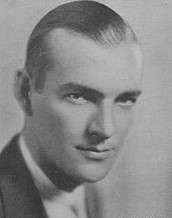PLATTER PERSPECTIVE – Actor: Dana Andrews; Conductor: Arturo Toscanini
 by Peter Cates
by Peter Cates
Dana Andrews
Actor Dana Andrews (1909-1992) had considerable screen presence in such classic 1940s films as The Ox-Bow Incident, Laura, State Fair, The Best Years of Our Lives and, a special favorite of mine more for Susan Hayward (1917-1975) than for Andrews, the 1949 My Foolish Heart.
1956 brought Beyond a Reasonable Doubt where he winds up on Death Row with a surprising plot twist at the end. 1965’s satire on the funeral home racket, The Loved One (very loosely based on an Evelyn Waugh novel), had Andrews appearing as an U.S. Air Force colonel being given a tour of the casket room by Jonathan Winters as the “Divine Reverend Wilbur Glenworthy”.
A 1958 LP, And God Said (Epic 5LN 3534), features Andrews as the narrator of a Biblical music presentation on the Old and New Testaments and his spoken words were delivered with vivid resonance while the music itself, sounding a bit like the special and rather schmaltzy church cantatas so often heard in the Protestant churches of my 1950s childhood, was composed by Dickson Hall, sung by the Frank Raye Singers and arranged and conducted by James Peterson, all of whom are names previously unfamiliar to me but who did good work.
The album has illustrations of scenes from the Bible – the creation of light , Cain slaughtering his brother Abel, the 40 days and nights of rain, etc. Its main attraction is that of a time warp 1950s period piece.
When I was still living in Houston, I taught a course in American literature for Houston Community College at its Bellaire High School campus then utilized, as were other middle and high schools, for its evening programs. The school corridor had photos of a former principal who was a brother of the actor.
Another historic detail – the auditorium of the high school was used as the venue for a concert of Arturo Toscanini conducting the NBC Symphony during its 1950 nationwide tour.
Arturo Toscanini
Speaking of Toscanini, his 1953 RCA studio recording of Dvorak’s New World Symphony with the NBC players has a bristling intensity well worth hearing and is accessible on YouTube .
A trumpet player in the Orchestra told of a performance of the Brahms 4th Symphony, a work the Maestro devoted a lot of painstaking labor on and conducted numerous times, leaving also an NBC studio recording and broadcasts with the BBC and Philharmonia Orchestras in London.
The gentleman stated the performance of one evening was perfection, except for barely noticeable details in which the brass section at the end of two quarter notes failed to cut off half of the second note. They were summoned to the Maestro’s dressing room.
For at least 20 minutes, Toscanini paced back and forth, back and forth.
Then he said, “You all go home tonight, eat dinner, be with family, go to bed. Me, I can’t do any of that. I keep hearing those two notes without the cutoff. I toss and turn all night, suffering because of those two notes without the cutoff. ”
The musicians were then allowed to leave.
















